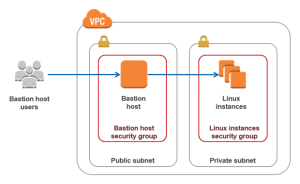
The impact of bots and automation on jobs is a topic that has been widely discussed in recent years. While it is true that automation technologies, including bots, have the potential to change the nature of work and certain job roles, it’s important to have a nuanced understanding of the situation.
Bots and automation can be beneficial in several ways. They can streamline repetitive and mundane tasks, increase efficiency, and free up human workers to focus on more complex and value-added activities. Bots are often used for tasks such as data entry, customer support, data analysis, and process automation.
While automation can result in job displacement in some industries and job functions, it can also create new job opportunities. As technology advances, new roles and skills become relevant, such as managing and maintaining bots, developing automation solutions, and leveraging data insights.
Instead of viewing bots as a threat, it can be more constructive to see them as tools that can enhance productivity and enable humans to focus on higher-level tasks that require creativity, critical thinking, and emotional intelligence—areas where humans currently have an advantage over machines.
To adapt to the changing job landscape, it’s important to invest in continuous learning and upskilling. Developing skills in areas that complement automation, such as complex problem-solving, creativity, adaptability, and collaboration, can help individuals remain competitive in the job market.
Furthermore, the relationship between bots and human workers can be symbiotic. Bots can assist humans in their work, providing support, data analysis, and decision-making insights. This collaboration can lead to improved productivity and better outcomes.
It’s worth noting that the impact of bots and automation can vary across industries and job sectors. Some industries may experience more significant changes than others. It’s important for individuals, businesses, and policymakers to monitor these trends, anticipate potential disruptions, and proactively adapt to the changing work landscape.
Ultimately, while bots and automation may transform certain job roles, they also have the potential to create new opportunities and improve overall productivity. The key lies in embracing technology, acquiring relevant skills, and finding ways to collaborate effectively with automation tools to achieve optimal outcomes.





